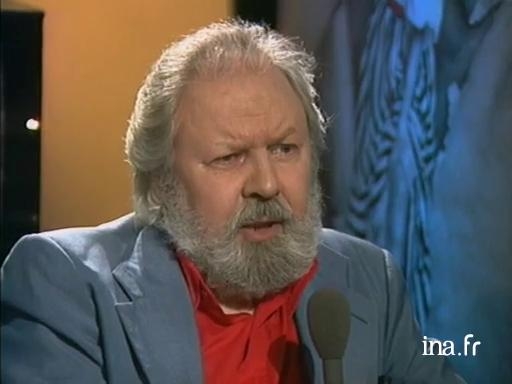Interview with Vladimir Karasjov

Information
The Estonian filmmaker Vladimir Karasjov - known in Paris as "Vladimir-Georg Karasjov-Orgusaar" - answers Frederic Mitterrand's questions: he talks about the conditions in which he filmed Les Hors-la-loi and the censorship the film was subjected to over the years.
Context
Vladimir Karasjov settled in Paris in 1981, at the age of 50. He is known there as "Vladimir-Georg Karasjov-Orgusaar", notably for his columns at Radio Free Europe. Vladimir "Karassef", as Frédéric Mitterrand calls him, is a faulty and fanciful form, imposed by Moscow in his Soviet passport, when Vladimir Karasjov asked for asylum in France, in 1976.
In 1971, the Estonian director made a four-hour feature length film for the Ersti Telefilm studio, Les Hors-la-Loi, on an underground Estonian group that resisted the Soviet arrival of the 1920s. He was inspired by an eponymous novel by popular writer Eessaare Aadu (1884-1937). After a sold-out screening at the Polytechnic Institute of Tallinn, Les Hors-la-Loi was banned by Soviet authorities (Estonia didn't gain independence from the USSR until the end of 1988). The film, whose majority of reels were destroyed by the authorities, was only shown on Estonian television as early as 1989, during the Perestroika. On this occasion, the filmmaker made a return to French television to talk about this experience.
Since then, Vladimir Karasjov has worked for Radio Free Europe. He published books on Estonia's sovietisation and its consequences.




